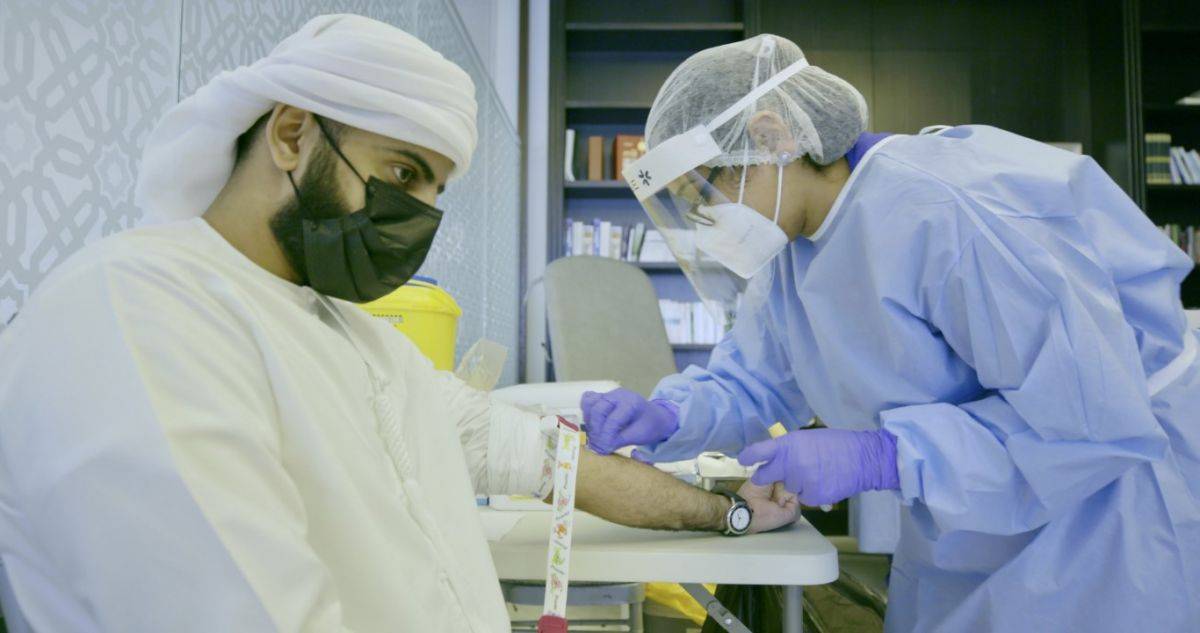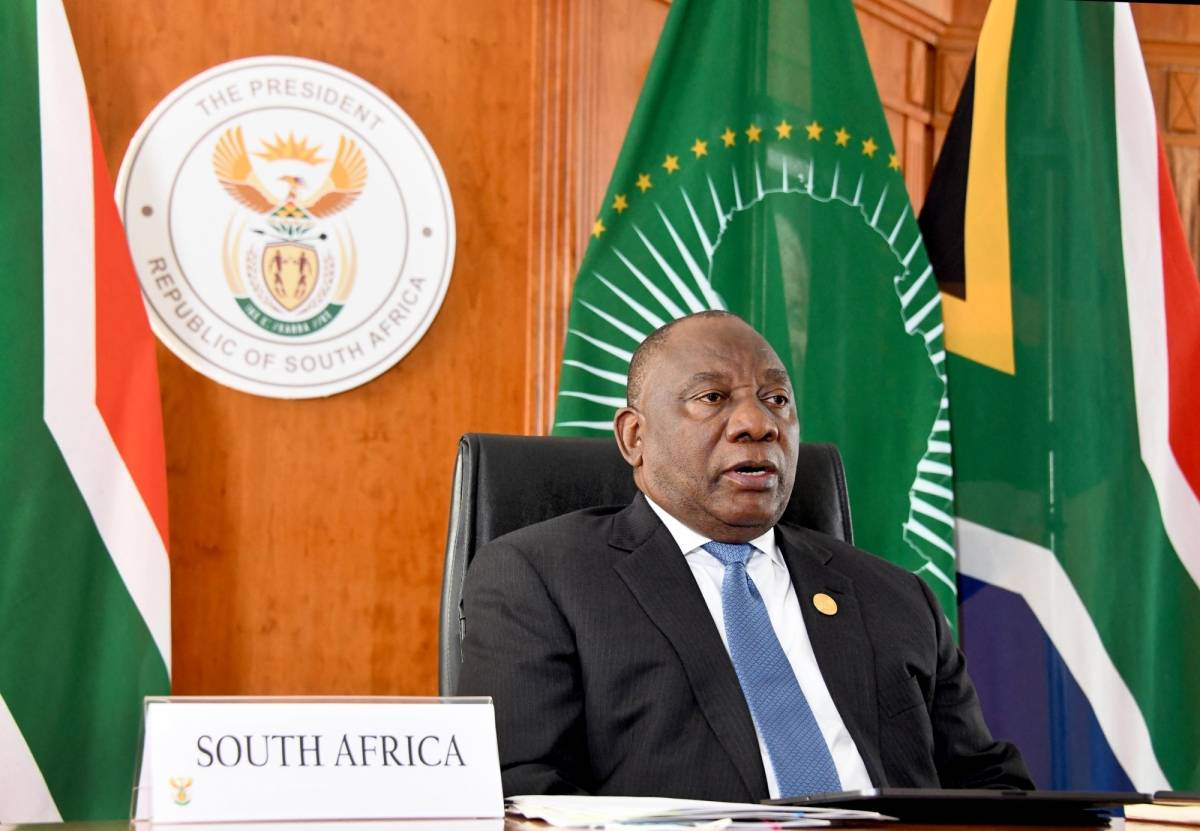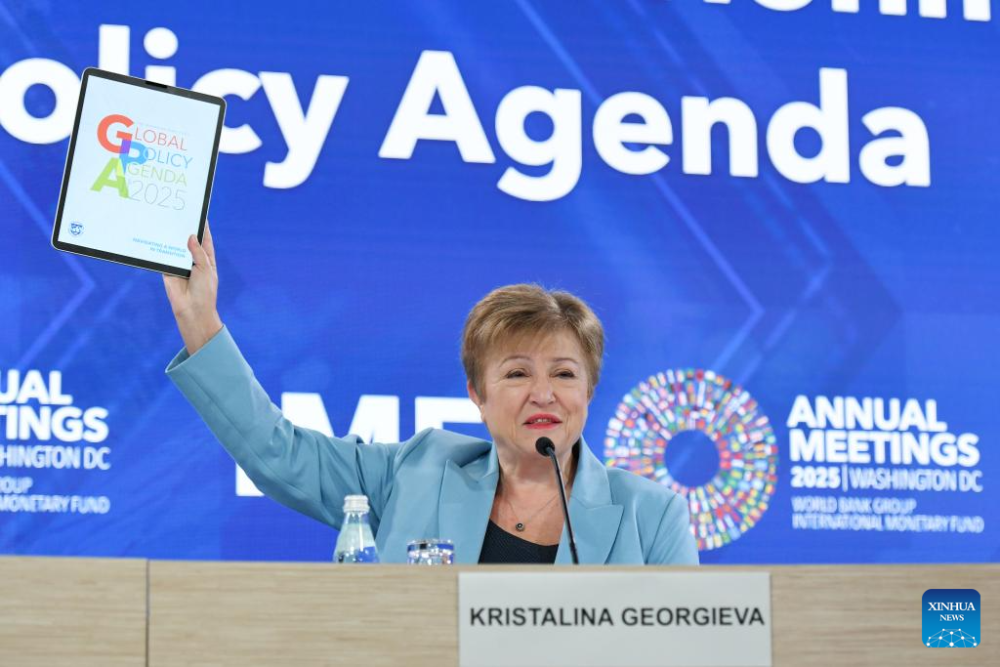The variant, believed to be more infectious than all previous strains, was first detected in South Africa and flagged as a “variant of concern” by the World Health Organisation…reports Asian Lite Newsdesk
Amid concerns over the highly transmissible Covid variant Omicron, the UAE’s Ministry of Health and Prevention (MoHAP) has announced booster shots of Pfizer-BioNTech and Sputnik vaccines for all residents aged 18 and over.
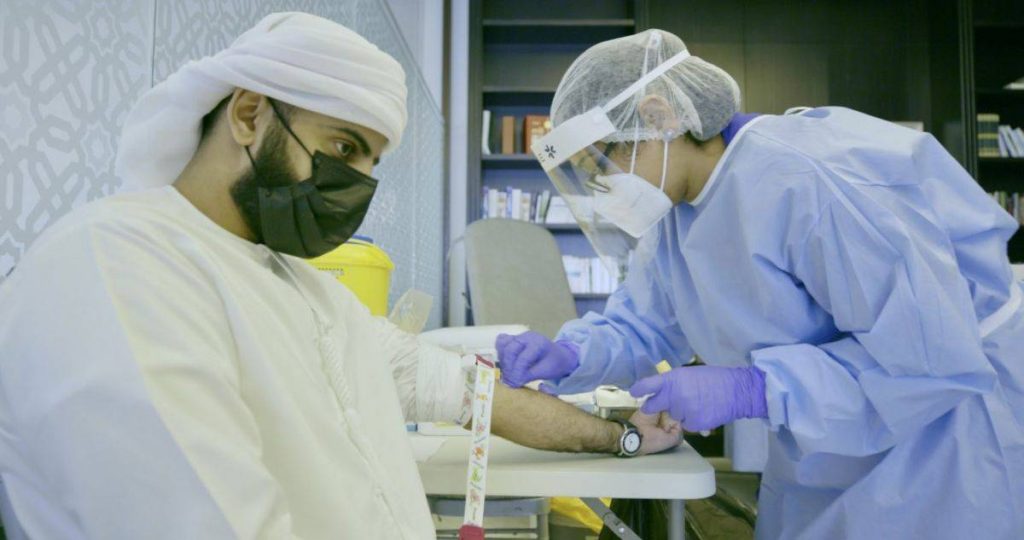
The variant, believed to be more infectious than all previous strains, was first detected in South Africa and flagged as a “variant of concern” by the World Health Organisation on Friday.
Dubai Health Authority (DHA) has also announced booster shots of Pfizer-BioNTech vaccines for all residents aged 18 and over.
The booster doses can be taken six months after the second dose. Previously, only some categories of residents were eligible for Pfizer and Sputnik booster shots, the Khaleej Times reported.
Sinopharm booster shots are available to eligible residents six months after the second dose.
Meanwhile, the ministry has announced that 17,208 doses of the COVID-19 vaccine were administered during the past 24 hours.
The total number of doses provided up to Sunday stands at 21,835,103 with a rate of vaccine distribution of 220.77 doses per 100 people.
The vaccination drive is in line with the ministry’s plan to provide the vaccine to all members of society and acquire immunity, which will help reduce the number of cases and control the spread of the virus, it said.
Meanwhile, the ministry announced that it conducted 284,985 additional COVID-19 tests over the past 24 hours, using state-of-the-art medical testing equipment.
In a statement on Sunday, it stressed its aim to continue expanding the scope of testing nationwide to facilitate the early detection of coronavirus cases and carry out the necessary treatment. As part of its intensified testing campaign, MoHAP announced 60 new coronavirus cases, bringing the total number of recorded cases in the UAE to 741,918.
ALSO READ: US scrambles to take actions over Omicron’s effect
According to the ministry, the infected individuals are from various nationalities, are in a stable condition, and receiving the necessary care.
It also reported one death due to COVID-19 complications, bringing the total number of deaths in the country to 2,146.
It called on all members of the society to cooperate with health authorities, adhere to the instructions and physical distance to ensure the health and safety of all.
MoHAP also noted that an additional 79 individuals had fully recovered from COVID-19, bringing the total number of recoveries to 736,778.
WHO says ‘still not clear’
It is not yet clear whether the Omicron Covid-19 variant is more transmissible, or causes more severe disease compared to other variants, including Delta, the World Health Organisation (WHO) has said.
It’s not yet clear whether Omicron is more easily spread from person to person compared to other variants, even though the number of people testing positive has risen in South Africa where this variant was involved, the WHO on Sunday added.

It’s also not yet clear whether Omicron causes more severe disease, but preliminary data suggests that there are increasing rates of hospitalisation in South Africa, which however may be due to increasing overall number of people becoming infected, Xinhua news agency reported.
WHO confirmed that there is currently no information to suggest that symptoms associated with Omicron are different from those from other variants, as understanding the level of severity of the Omicron variant will take days to several weeks.
All variants of Covid-19, including the Delta variant that is currently dominant worldwide, can cause severe disease or death, in particular for the most vulnerable people, and thus prevention is always key.
However, WHO said preliminary evidence suggests there may be an increased risk of reinfection with Omicron but information is limited. More information on this will become available in the coming days and weeks.
It added that current PCR tests continue to detect Omicron while further studies are still going on to understand how the Omicron variant will impact on available vaccines and treatments to Covid-19.
WHO classified on Friday the latest variant B.1.1.529 of SARS-CoV-2 virus, now with the name Omicron, as a “Variant of Concern” (VOC).
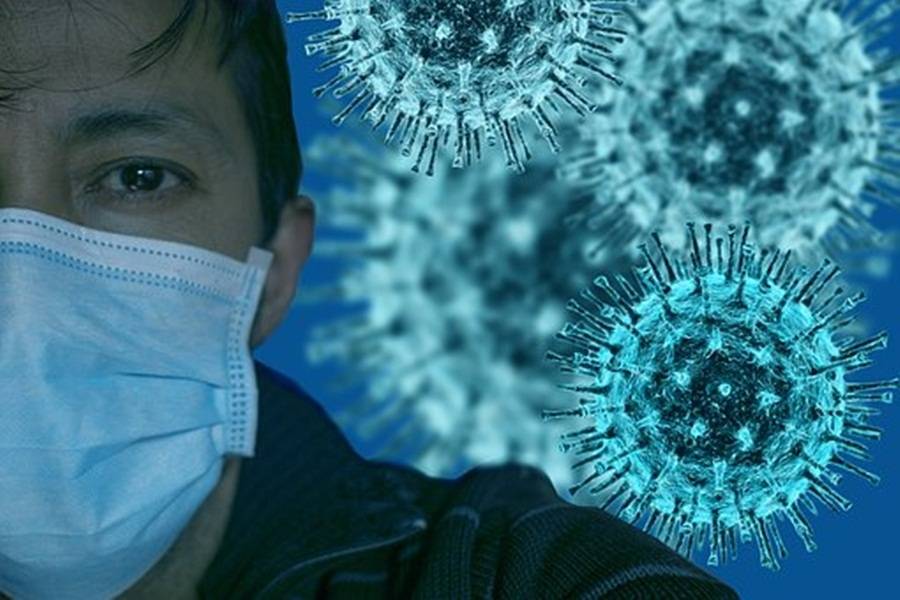
According to WHO’s definition, a VOC, with a degree of global public health significance demonstrates one or more of mutational changes such as increase in transmissibility or detrimental change in Covid-19 epidemiology, increase in virulence or change in clinical disease presentation, and decrease in effectiveness of public health and social measures or available diagnostics, vaccines and therapeutics.
WHO has since urged countries to enhance surveillance and sequencing on circulating SARS-CoV-2 variants, submit complete genome sequences and metadata to a publicly available database, and report initial VOC cases or clusters to WHO.
It has also recommended field investigations and laboratory assessments to better understand potential impacts of the VOC on Covid-19 epidemiology, the effectiveness of public health and social measures and antibody neutralisation.


